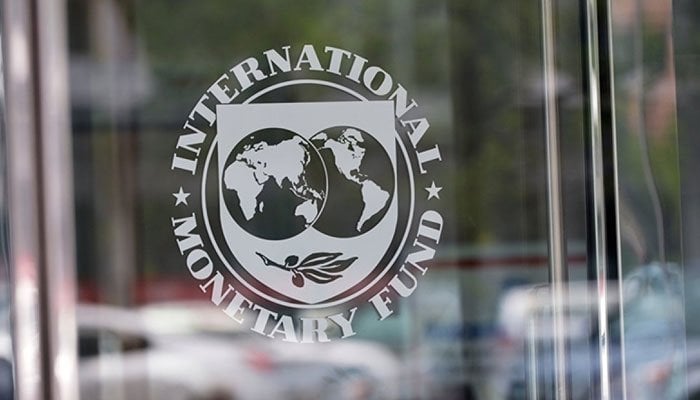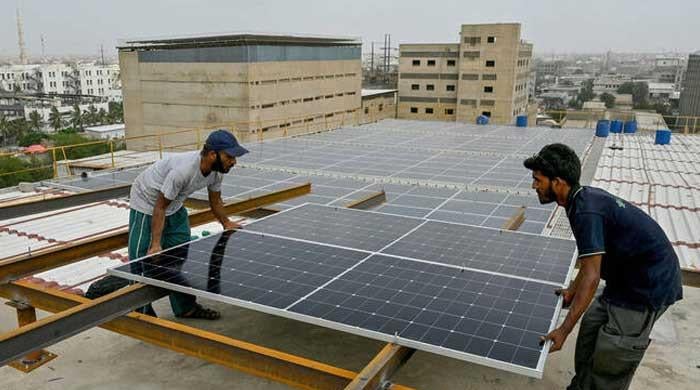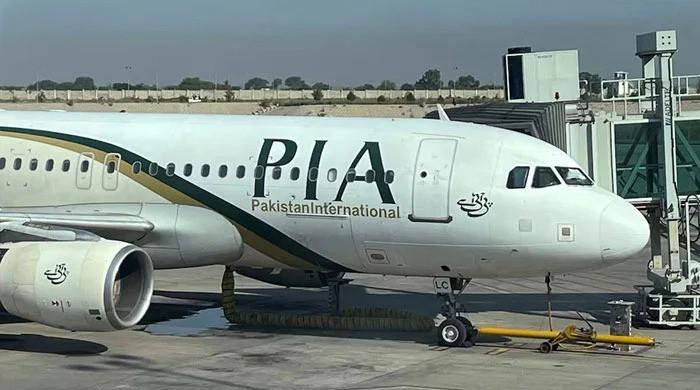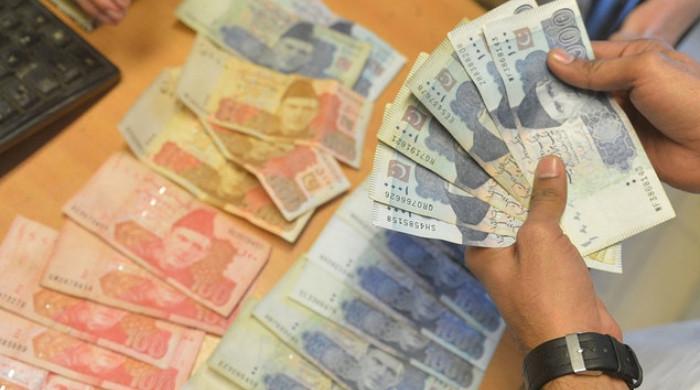Pakistan needs to make power, gas tariff adjustments for $6bn IMF package
The IMF programme has been stalled amid the coronavirus pandemic and different options are under consideration to revive it
July 04, 2020

ISLAMABAD: Even after approval of the budget for 2020-21 from the parliament, an IMF sponsored programme of $6 billion for Pakistan hangs in the balance, for which Islamabad will have to comply with tariff adjustments on electricity and gas as well as undertake reforms to reach a staff level agreement on the completion of the second review.
The IMF programme is stalled at the moment and different options are under consideration to revive it and put it on track.
“Although the budget has been approved, there are still some pending issues, such as tariff adjustments of gas and power, strengthening of regulatory regime, autonomy of the State Bank of Pakistan, fiscal consolidation and way forward for achieving these on a sustainable basis,” top official sources confirmed to The News here on Friday.
One of the options for reviving the IMF process is skipping the third review and clubbing the second and fourth reviews under the IMF programme.
The second review period was at end December 2019, for which the IMF team had visited Islamabad in February 2020, just ahead of outbreak of COVID-19, and a staff level agreement had also been reached. But after the pandemic began, all economic fundamentals changed and the IMF provided $1.4 billion facility under a rapid financing instrument.
The period of the third review was January to March 2020. The fourth review period was April-June 2020.
Pakistani authorities subsequently made last ditch efforts to convince the IMF for clubbing second and third reviews and submitting its plans before the Fund’s Executive Board within this ongoing month.
“It seems that the IMF is so far unwilling to club second and third reviews without Pakistan undertaking tariff adjustments and moving towards structural reforms for cash bleeding power sector, autonomy to the central bank, strengthening of regulatory regimes and fiscal consolidations at sustainable levels,” said official sources.
When IMF’s Resident Chief in Pakistan Teresa Daban Sanchez was contacted on Friday, she said, “The IMF team and Pakistani authorities remain closely engaged with the view to bringing the second review of the EFF (Extended Fund Facility) to a positive conclusion. There is no interaction envisaged with the press during the discussions,” she added.
Pakistani side officials were also contacted and it was found that no one was willing to talk about matters on the record. However, the sources said that the IMF mission physically or virtually would initiate talks for completion of fourth review by the next month (August) when the data of all macroeconomic fronts for end June 2020 would be available for completion of the review.
The IMF programme could be revived probably in September 2020, when its board will meet for approving the second and fourth reviews simultaneously, provided that Islamabad takes all required measures in accordance with the IMF programme, said the official.
Pakistani authorities are confident that the IMF programme would be revived as they presented budget for 2020-21 to comply with the IMF requirements. The budget deficit was curtailed to 7.1% and the primary deficit was slashed to negative 0.55% of GDP.
The non-development expenditure, such as salaries and pensions, were also frozen in the budget and fuel prices were increased exponentially by charging maximum levy at rate of Rs30 per liter. All these steps, they argued, were aimed at reviving the stalled IMF programme anytime in the near future, said the official sources.
Originally published in The News









